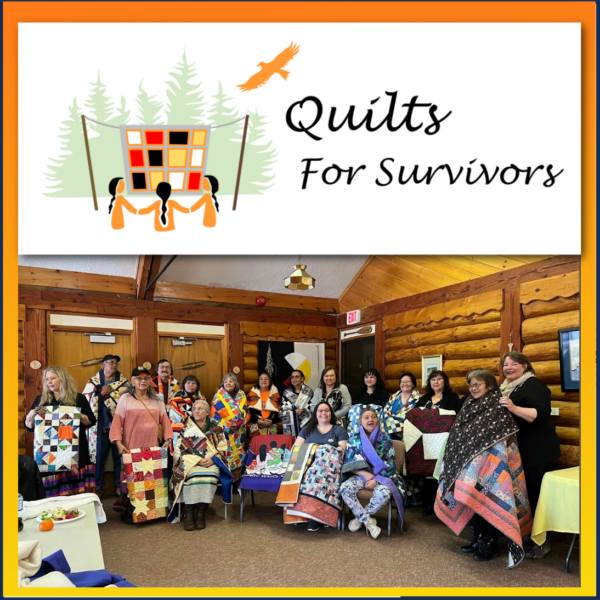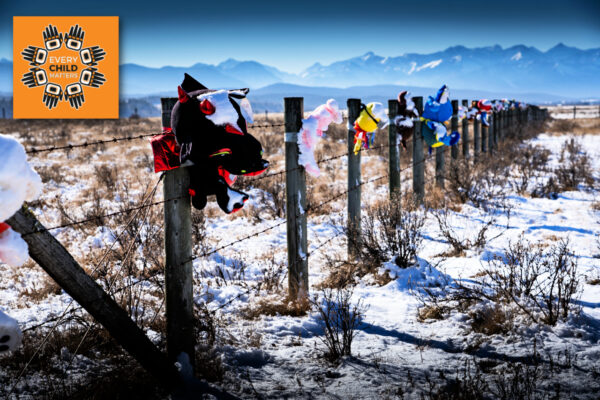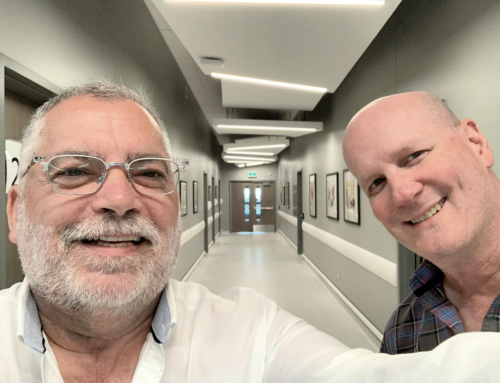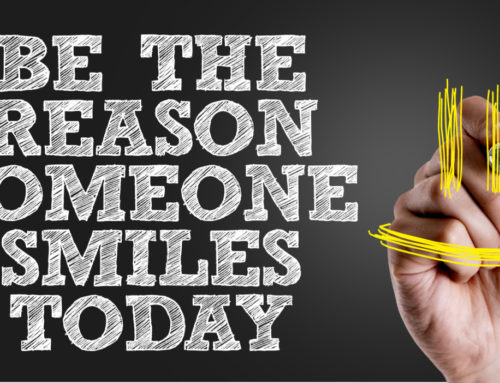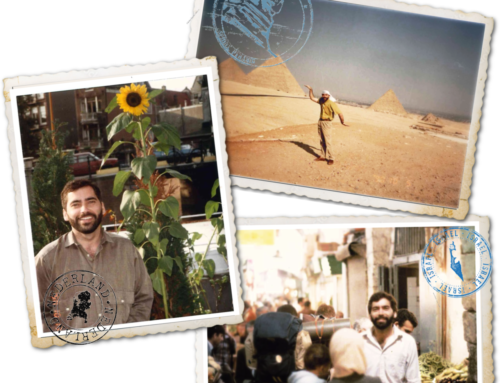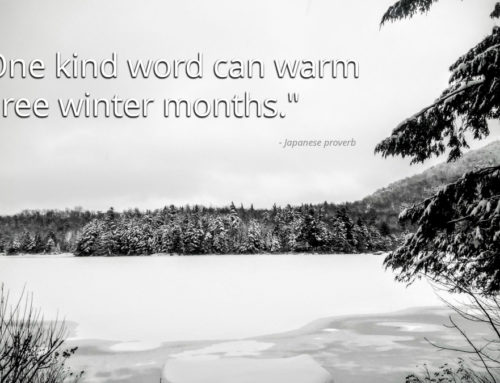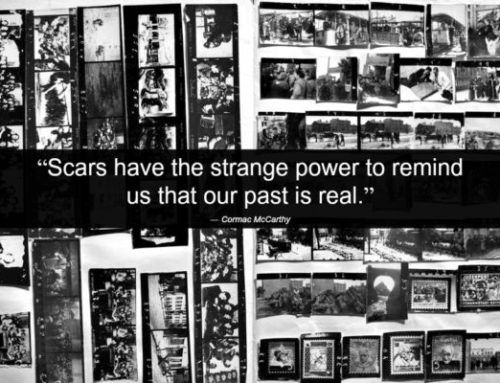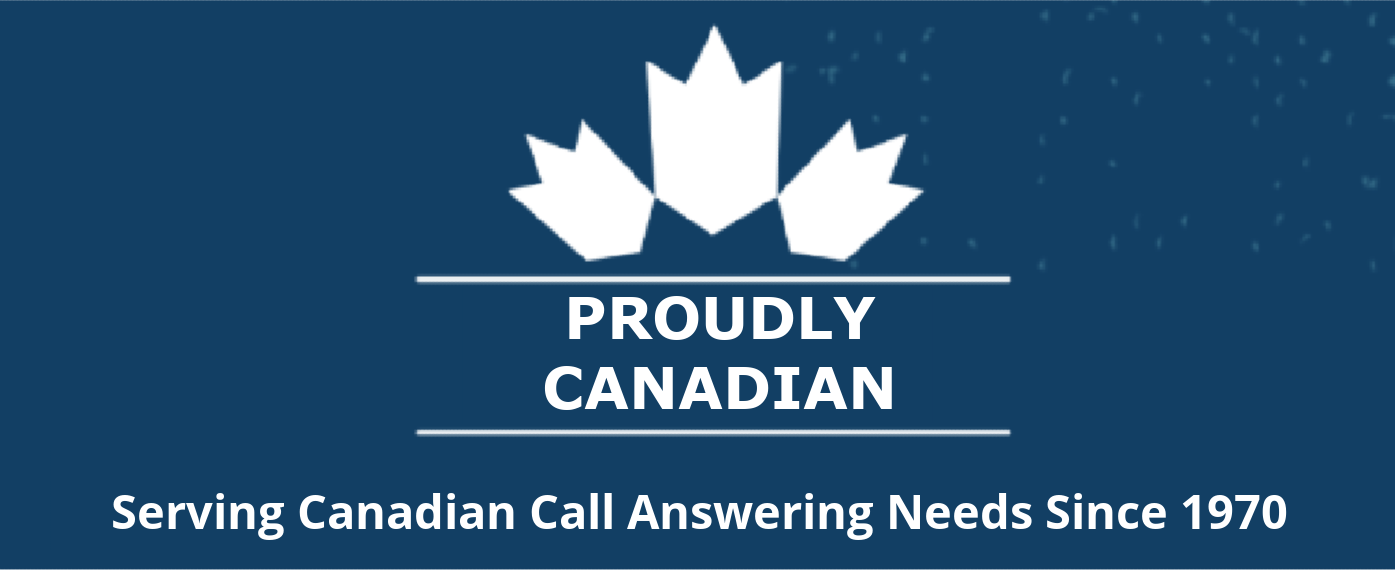Day of Truth & Reconciliation: Remembering Survivors of Residential Schools
On September 30th of each year, we are encouraged to remember and reflect upon our historic relationship with our First Nations neighbours on the National Day for Truth and Reconciliation. (Orange Shirt Day)
This painful recollection of residential schools and the horrors they inflicted on children and their families is a necessary process toward healing and reconciliation. Quilts for Survivors is an organization making a tangible difference in this process. It is a grassroots initiative stitching together comfort, healing, and remembrance for residential school survivors.
I was honoured last year to be part of the i24 Call Management Solutions contingent at the CAM-X Conference in Calgary. A profound session was a eye-witness testimony by given by a residential school survivor. Her story and and her account of her brother’s experience is embedded in my memory. At the end of her testimony, the Quilts for Survivors founder, Vanessa Genier, presented her with a special quilt. Now, over a year later, her story especially resonates as we mark Truth and Reconciliation Day in Canada.
The Power of a Quilt
Vanessa Genier is an Indigenous woman from the Missanabie Cree First Nation in northern Ontario. She says the idea came to her in the wake of the devastating discovery of unmarked graves at former residential school sites across Canada in 2021. Genier is a quilter herself and, as such, recognizes the healing power that a handmade quilt could bring to survivors and their families.
Through their meticulous fabrication, quilts are a tangible symbol of care, support, and acknowledgment. They’re like a warm hug from a stranger who says, “We see you. We hear you. Your pain matters.”
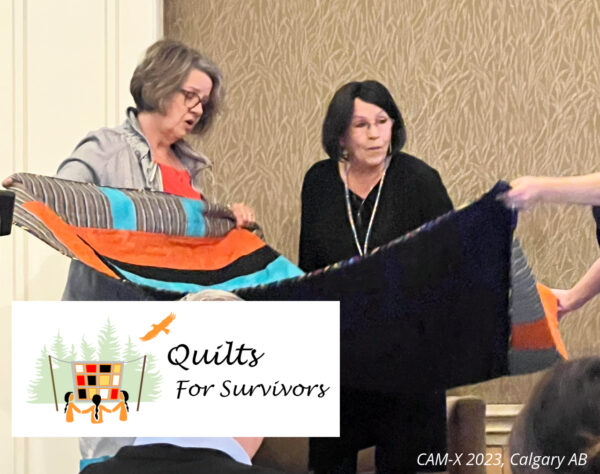
More Than Just Fabric and Thread
Quilts are works of art created by artists who leaves a little of themselves in every stitch and cloth panel. Volunteer quilters from Canada and abroad contribute their time and skills to craft these beautiful pieces. Many incorporate traditional Indigenous designs or colours, creating a connection to cultural heritage that was often stripped away in residential schools.
Creating and gifting these quilts sparks meaningful conversations and raise awareness about the residential school system and its multigenerational legacies. They brings people together, encouraging non-Indigenous Canadians to learn about this dark chapter of our history and take action toward reconciliation.
Why We Need to Remember
“Why do we need to keep talking about this? Isn’t it time to move on?”
The truth is we can’t move forward without acknowledging the past. The residential school system wasn’t some ancient history – the last school closed in 1996, within many of our lifetimes. The trauma inflicted by these institutions continues to ripple through Indigenous communities today.
The National Day for Truth and Reconciliation, also known as Orange Shirt Day, is a time to pause and reflect on this history. It’s a day to honour the survivors and remember the children who never came home. By facing the truth of our history – as uncomfortable as it may be – we can learn valuable lessons and work towards genuine healing and reconciliation.
As we mark another National Day for Truth and Reconciliation, let’s take inspiration from initiatives like Quilts for Survivors. They remind us that reconciliation isn’t just about grand gestures or government policies – it’s also about the small, personal acts of kindness and understanding we can all participate in.
By facing our history honestly, supporting survivors, and working together, we can stitch together a future that honours the resilience of Indigenous peoples and builds a more just and inclusive Canada for all. We pride ourselves on being a mosaic, not a melting pot. What better way to illustrate that than with a quilt of many colours reflecting our truth and our desire for reconciliation?


